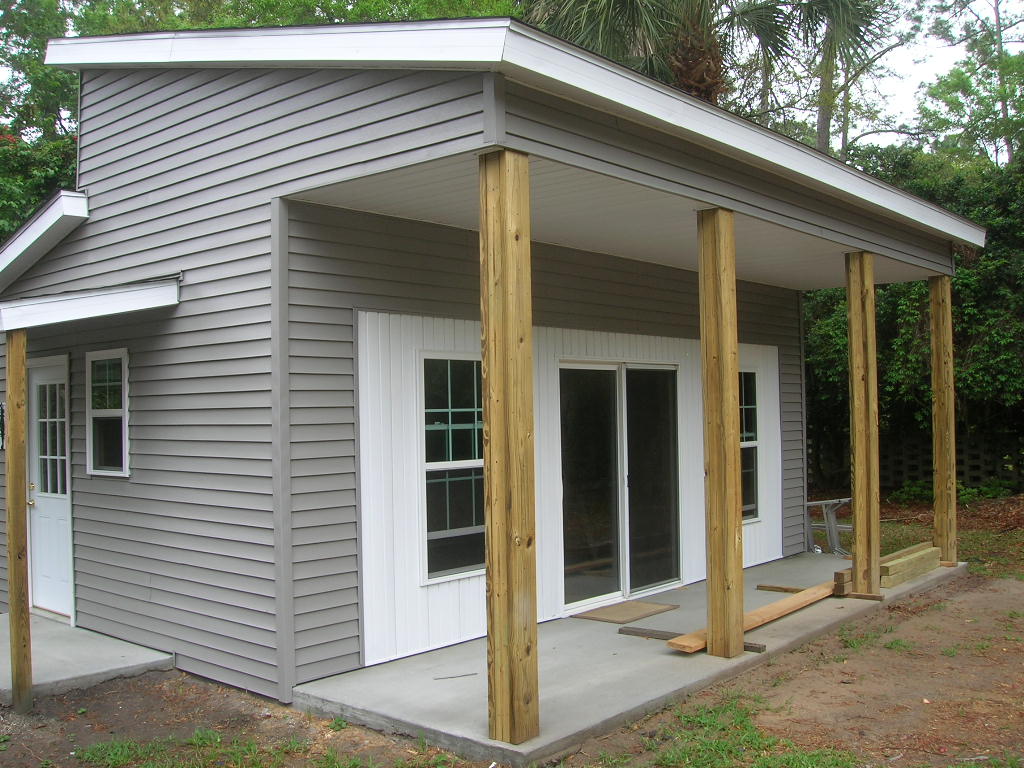Yes, you can do it.
You could do all of it (given time and money), but take good note of the idea of subbing out the hard/specialty things (my personal list would include foundations, hvac, plumbing, electrical**, any siding that isn't wood, drywall***, flooring****, and the things that just take a lot of time/muscle (landscaping comes to mind, roofing gets close).
** electrical: I'd try and find an electrician that would let me bore holes and run wire exactly where he said, but good luck finding that individual
*** drywall: taping and skim is a pain, so I personally avoid that like the plague. Rocking itself is easy enough, but talk to your taper beforehand so that you get advice on how they want it done. Doing a crappy job rocking makes the taper's job harder, and you'll pay either in quality or price or both.
**** flooring: wood or wood-like flooring is a pain. Have you ever lifted a box of flooring?
Things I would do: (note that I'm a working carpenter) Framing, exterior cladding, decks, doors/windows, insulation, cabinetry, trim, appliance install, tile. If money was tight, I'd consider rocking (but not tape/skim) and roofing.
A digression:
The Graybeard engineer retired and a few weeks later the Big Machine broke down, which was essential to the company’s revenue. The Manager couldn’t get the machine to work again so the company called in Graybeard as an independent consultant.
Graybeard agrees. He walks into the factory, takes a look at the Big Machine, grabs a sledge hammer, and whacks the machine once whereupon the machine starts right up. Graybeard leaves and the company is making money again.
The next day Manager receives a bill from Graybeard for $5,000. Manager is furious at the price and refuses to pay. Graybeard assures him that it’s a fair price. Manager retorts that if it’s a fair price Graybeard won’t mind itemizing the bill. Graybeard agrees that this is a fair request and complies.
The new, itemized bill reads….
Hammer: $5
Knowing where to hit the machine with hammer: $4995
Even though the guys who do, say, your HVAC seem to charge a fortune for what seems relatively simple, they're selling you years of experience and hard-learned mistakes.
Mistakes will always happen in the process, but major mistakes early can cascade through the project wreaking havoc, either during or later in the life of the structure. (Last week's job was in a total gut started by someone else where they couldn't be bothered to level the floors before rebuilding. Cost to fix trim/doors/flooring/cabinetry=high. The job I'm on today is probably going to end up being a 50K structural repair because somebody couldn't figure out how to waterproof a couple of windows.) If you try to do everything without decent guidance, you'll make mistakes. Simpler designs probably means fewer mistakes.
Expect to spend a lot of money on tools.
Last thought: if you could find an old general contractor to work with you as a consultant, they'd be a wealth of information and a good resource for subs. (Finding good subs is hard!)
Good luck whatever path you choose.


